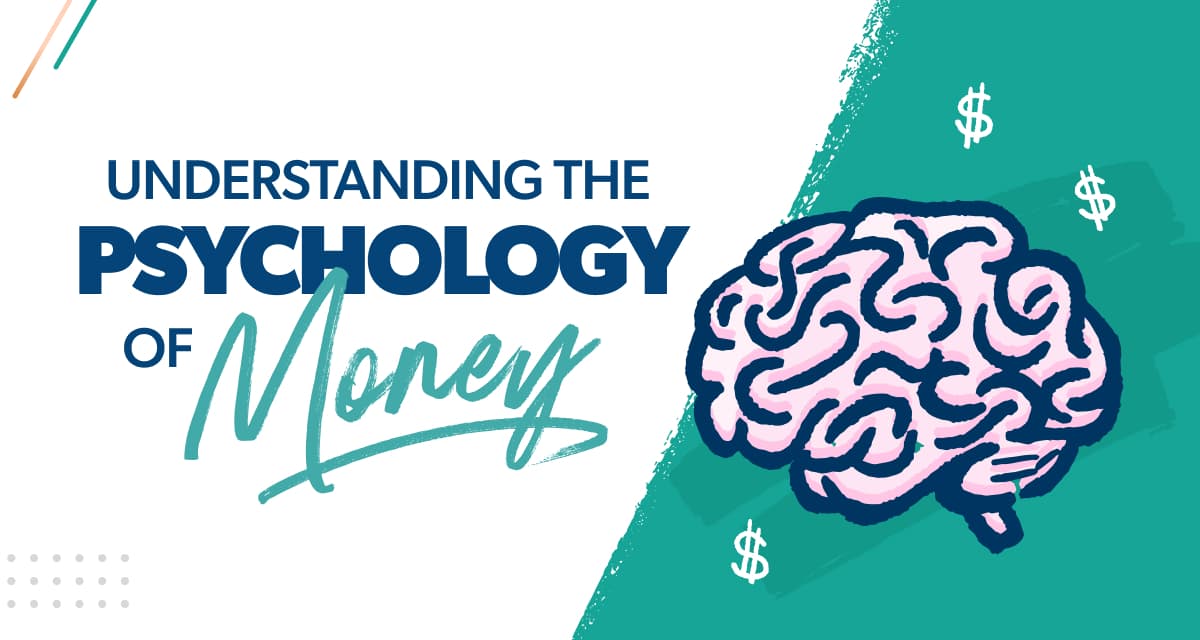Top 10 Psychology Facts About Money
Money isn’t just about numbers — it’s attached to your feelings, propensities, and contemplations. Understanding how your brain functions with cash can assist you with pursuing better monetary decisions. The following are 10 Psychology Facts About Money that will change your opinion on spending, saving, and riches:
1. Money Triggers Feelings
Money can encourage you, focused, or even terrified. Your cerebrum responds to cash the same way it responds to prizes or agony.
Example: Burning through cash can feel excruciating, while at the same time bringing in cash feels fulfilling.
2. The Aggravation of Paying
Paying with cash feels more excruciating than utilizing a Mastercard. For this reason individuals frequently spend more while utilizing cards — they don’t feel the prompt “torment” of losing cash.
3.Money Can Purchase Satisfaction (However To a certain degree)
Cash further develops bliss when it covers fundamental requirements like food, asylum, and wellbeing.
After a specific point, more cash doesn’t make you a lot more joyful.
4. Abundance Changes How Individuals Act
Concentrates on show that more well off individuals might turn out to be less sympathetic.
Then again, individuals with less cash frequently show greater liberality and care for other people.
5. The Securing Impact
This is the point at which your cerebrum zeros in a lot on the principal number you see (like a sticker price).
Example: If you see a 100shirtmarkeddownto50, you feel like it’s a great deal—even if it’s still expensive.
6. Money and Stress Are Associated
Agonizing over cash is one of the greatest reasons for pressure. Monetary pressure can prompt unfortunate choices, making a pattern of additional pressure and cash issues.

7. Viewpoint that everything is limited Damages Your Funds
Feeling as you need more cash can make you act imprudently. This outlook prevents you from making arrangements for the future and creating financial stability.
8. Money Deception
Individuals frequently center around how much cash (like $100) rather than what it can really purchase.
9. Social Examination Drives Spending
Many individuals burn through cash to “keep up” with others.
This can prompt superfluous spending and monetary pressure.
10. Deferred Satisfaction Prompts Achievement
Individuals who can hang tight for greater prizes (like saving as opposed to burning through) will more often than not improve monetarily. Persistence and restraint are vital to creating financial momentum.
Conclusion
Understanding the brain research of cash can assist you with pursuing more intelligent monetary choices. By perceiving how your psyche functions, you can assume command over your cash and construct a superior future.
FAQs
1. For what reason does burning through cash feel excruciating?
Burning through cash enacts the aggravation places in your mind, particularly when you use cash. This is known as the “torment of paying.”
2. Might cash at any point truly purchase satisfaction?
Indeed, however to a certain degree. Cash can purchase joy when it covers essential necessities like food, asylum, and security.
3. How does abundance influence conduct?
Abundance can change how individuals act. Concentrates on show that richer people might turn out to be less compassionate, while those with less cash frequently show greater liberality and local area center.






GREAT INFORMATION
Great information
mLi TYLZXYX KOzWEa
При правильном подходе хрумер прогон https://www.olx.ua/d/uk/obyavlenie/progon-hrumerom-dr-50-po-ahrefs-uvelichu-reyting-domena-IDXnHrG.html помогает улучшить позиции сайта в поисковой выдаче.